Many people avoid going to the dentist because they experienced traumatic care as a child, suffered painful procedures as an adult, or are influenced by the stereotypes they see on TV and movies. Even when they experience warning signs like pain in the mouth, many people avoid seeking treatment because of the fear they experience. At our office we understand these feelings and want to help. Whether you just need a routine cleaning or a brand-new smile, we offer sedation dentistry to make your experience comfortable and relaxing.
Sedation dentistry is used by many dentists to provide a relaxing, calming experience for patients who are afraid of going to the dentist and/or having dental procedures performed. There are many forms of sedation that can be administered in a variety of ways such as intravenous (IV) sedation, oral sedation, or nitrous oxide (“laughing gas”). This variety of sedation methods offers dentists the flexibility of three levels of sedation – minimal, moderate, and deep – depending on the level of anxiety the patient experiences:
Minimal sedation relieves the anxiety patients feel before and during their dental exam. However, minimal sedation allows patients to respond verbally and physically to the dentist’s directions. The patient will be awake but calm and may remember parts of the experience after the procedure is completed.
Moderate, or conscious, sedation relaxes the patient even more, but the patient will only be able to respond to a larger stimulus in his environment. The patient will likely slur their words and will most likely not remember anything about the procedure.
Deep sedation is reserved for those with a deep-seated fear and aversion to the dentist’s office. Deep sedation puts the patient on the edge of consciousness but he/she can still be awakened. When a patient is put under deep sedation, they do not usually show any signs of comprehension or recognition to anything that is occurring. The patient will not remember anything about the experience.
Our office offers oral sedation dentistry. Oral sedation dentistry allows us to relieve anxiety without the use of needles or intravenous tubes. Additionally, patients who traditionally have trouble getting numb have no problem when sedated and relaxed.
About an hour prior to the appointment, the patient will be asked to take a small pill that will make he/she drowsy. By the time a companion accompanies the patient to our office for the appointment, the patient will be feeling relaxed and calm. We will escort him/her to a comfortable room and cover him/her with a warm, thick blanket.
Once the patient is comfortable and completely relaxed, the doctor and experienced clinical team will complete the dental procedure. During the entire procedure, the patient’s vital signs will be monitored to ensure their health and safety. After the treatment is completed, the companion will take the patient home to rest and sleep for a couple of hours after the appointment.
IV Conscious Sedation is an effective technique for managing moderate to severe dental anxiety. While not as readily available in most dental offices, we believe it is a valuable tool for ensuring a patient’s complete relaxation during a procedure they would not ordinarily have had done due to extreme fear.
Prior to the procedure, drugs are administered intravenously. Drugs administered by IV are far more effective than those taken orally because the doctor can control exactly how much is administered directly into the blood stream.
During the procedure, monitoring devices are placed on the patient to monitor their heart rate, blood oxygen levels, blood pressure, and breathing. The patient will be awake through the whole procedure, allowing the dentist to give them directions, which they will be able to follow. However, the medications administered during IV conscious sedation leave the patient with amnesia of the procedure. The patient will remember nothing about their experience!
In order to provide IV Conscious Sedation dentistry, specialized advanced training and certification by the state Board of Dental Examiners was required and completed.
For certain dental procedures, your dentist will need to numb parts of your mouth. In order to do so, medicine is injected into your gum or inner cheek. This medicine is called a local anesthetic.
Lidocaine is the most common local anesthetic used in dentistry, however, there are many others. All types of numbing drugs are combined with other medications to make the numbing last longer. Numbing usually lasts several hours but wears off over time.
Numbing just the area where dentistry needs to be performed allows the dentist to perform procedures without pain or discomfort. Because you are still conscious, you can answer prompts and commands quickly and easily. And, because you have not been sedated, you can usually drive yourself home or go back to work immediately after the appointment.
Candidates for Sedation Dentistry include people who have:
Schedule your consultation today.
I understand the information disclosed in this form may be subject to re-disclosure and may no longer be protected by HIPAA privacy regulations and the HITECH Act.
Schedule your consultation and experience it for yourself.
I understand the information disclosed in this form may be subject to re-disclosure and may no longer be protected by HIPAA privacy regulations and the HITECH Act.

Blue Ridge, GA Office
980 East Main Street, Suite 100
Blue Ridge, GA 30513
Phone: (706) 480-8396
Dental Marketing by Progressive Dental

